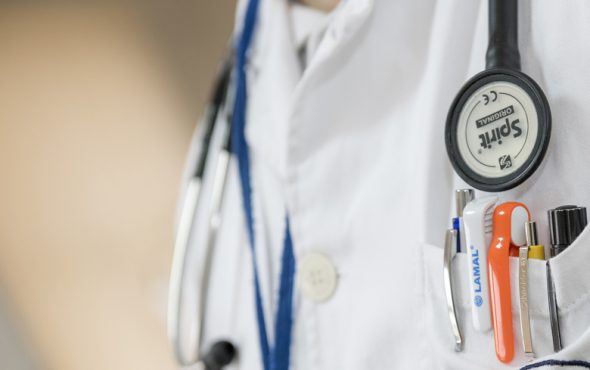
The Center for Disease Control and Prevention (CDC) has warned Florida’s LGBTQ+ community about a meningococcal disease outbreak.
On 7 April, the organisation revealed that the wave has been seen primarily in “gay, bisexual and other men who have sex with men, including those living with HIV.”
Alongside Florida natives, some individuals who have travelled to the state have also been affected.
Health officials have since urged queer men and people living with HIV to get the MenACWY vaccination in an official statement.
“In response to an ongoing outbreak of meningococcal disease in Florida, state health officials are recommending all gay and bisexual men living in the state get vaccinated with one dose of MenACWY vaccine to help protect against meningococcal disease,” they said.
“Florida health officials are also emphasising the importance of routine vaccination against meningococcal disease for people with HIV. For the best protection, people with HIV should make sure they have gotten their 2-dose primary series of a MenACWY vaccine and are up to date with booster dose.”
The CDC also recommended that individuals planning to travel to the state “talk to their healthcare provider” and consider getting vaccinated.
Florida is experiencing a #meningococcal disease outbreak primarily among gay & bisexual men, including those living with HIV. FL health officials recommend MenACWY vaccination for all gay and bisexual men, in addition to people with #HIV. Learn more: https://t.co/2PWUgzp6DP. pic.twitter.com/IYY1KTt78A
— CDC (@CDCgov) April 7, 2022
Officials added that the jab should take place two weeks before travelling.
Two of the most common meningococcal infections include a bloodstream infection and meningitis, with the latter affecting the brain and spinal cord lining.
Initial symptoms of meningococcal disease may include fever or cold chills, headache, severe aches or pain, fatigue and vomiting.
So far, the Leon County branch of the Florida Department of Health and Florida State University (FSU) health officials have confirmed cases.
“We stand at three confirmed cases in individuals in Tallahassee aged 18 to 22. DOH Leon continues to emphasise that getting vaccinated is the best way to protect against this disease, and that the Department offers meningococcal disease vaccines,” the health department told ABC 27 news.
In regards to FSU, an official told the aforementioned news outlet that only one case had been identified.



